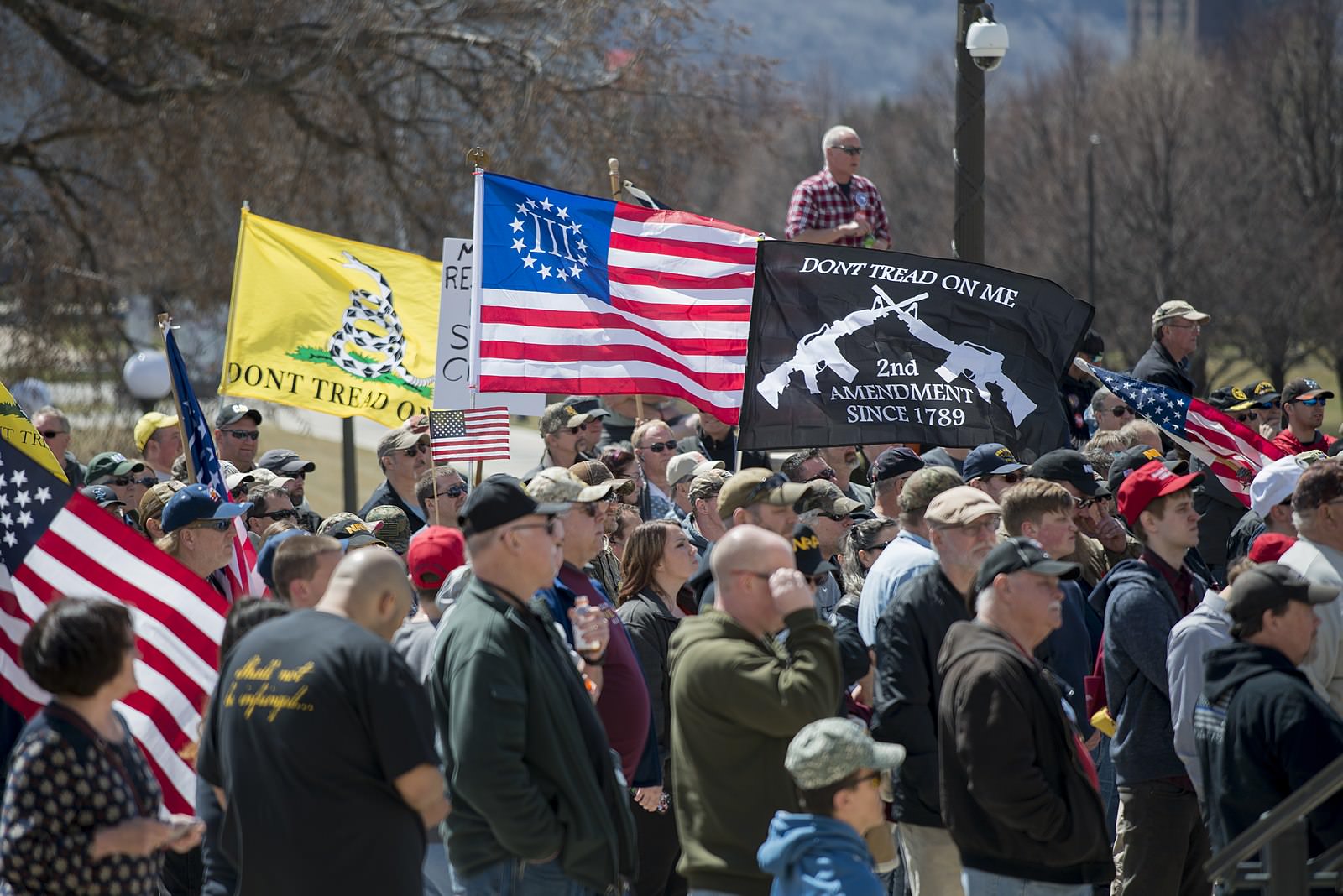Politics
SCOTUS Gives Green Light to Ghost Gun Restrictions - For Now
By Jake Beardslee · August 8, 2023
In brief…
- The Supreme Court voted 5-4 to allow temporarily a Biden administration rule regulating "ghost guns" to remain effect, placing a lower court ruling on hold.
- Ghost guns lack serial numbers, circumvent background checks, and are essentially untraceable.
- The Biden administration argues its rule, which classifies ghost gun kits as firearms, are needed to address an "explosion" in ghost-gun crimes.
- Challengers say the rules overreach federal authority.
- The SCOTUS decision is not a final ruling; the case will proceed in district court.

The Supreme Court voted 5-4 Tuesday to reinstate temporarily a Biden administration rule regulating “ghost guns” - untraceable homemade firearms. The rule remains in effect while legal challenges proceed. Chief Justice John Roberts and fellow conservative Justice Amy Coney Barrett joined the court’s three liberals to restore the rule.
Ghost guns are made from kits that can be purchase online. The kit is then assembled into a fully functional firearm. Ghost guns lack serial numbers, circumvent background checks, and their ownership can’t be easily traced.
In 2022, the Biden administration’s Bureau of Alcohol, Tobacco, Firearms and Explosives changed its rules to categorize ghost gun kits as firearms under federal law. The change enables the government to monitor ghost guns more closely. While the new regulations do not prohibit sale or possession of the kits, they mandate that ghost gun kits comply with the same laws that apply to commercially sold firearms.
In her emergency filing to the Supreme Court to stay District Judge Reed O’Connor’s order, Solicitor General Elizabeth Prelogar warned that “police departments around the nation have confronted an explosion of crimes involving ghost guns.”
She chided Congress, which, she argued, “recognized that limiting the federal firearms laws to functional firearms would invite evasion, and it thus broadly defined ‘firearm’ to include any weapon ‘that will or is designed to or may readily be converted to expel a projectile by the action of an explosive,’”
Two Texas residents and several retailers challenged the ATF rule in court. Their attorney, David Thompson, contended the ATF had overreached its authority by trying to “extend the definitions” of firearms. He said Congress chose “to regulate the commercial market for firearms while leaving the law-abiding citizens of this country free to exercise their right to make firearms for their own use without overbearing federal regulation.”
The Supreme Court’s temporary stay of a lower court order allows the ghost gun regulations to remain in place while the legal challenge proceeds. The justices did not rule on the overall merits of the case.